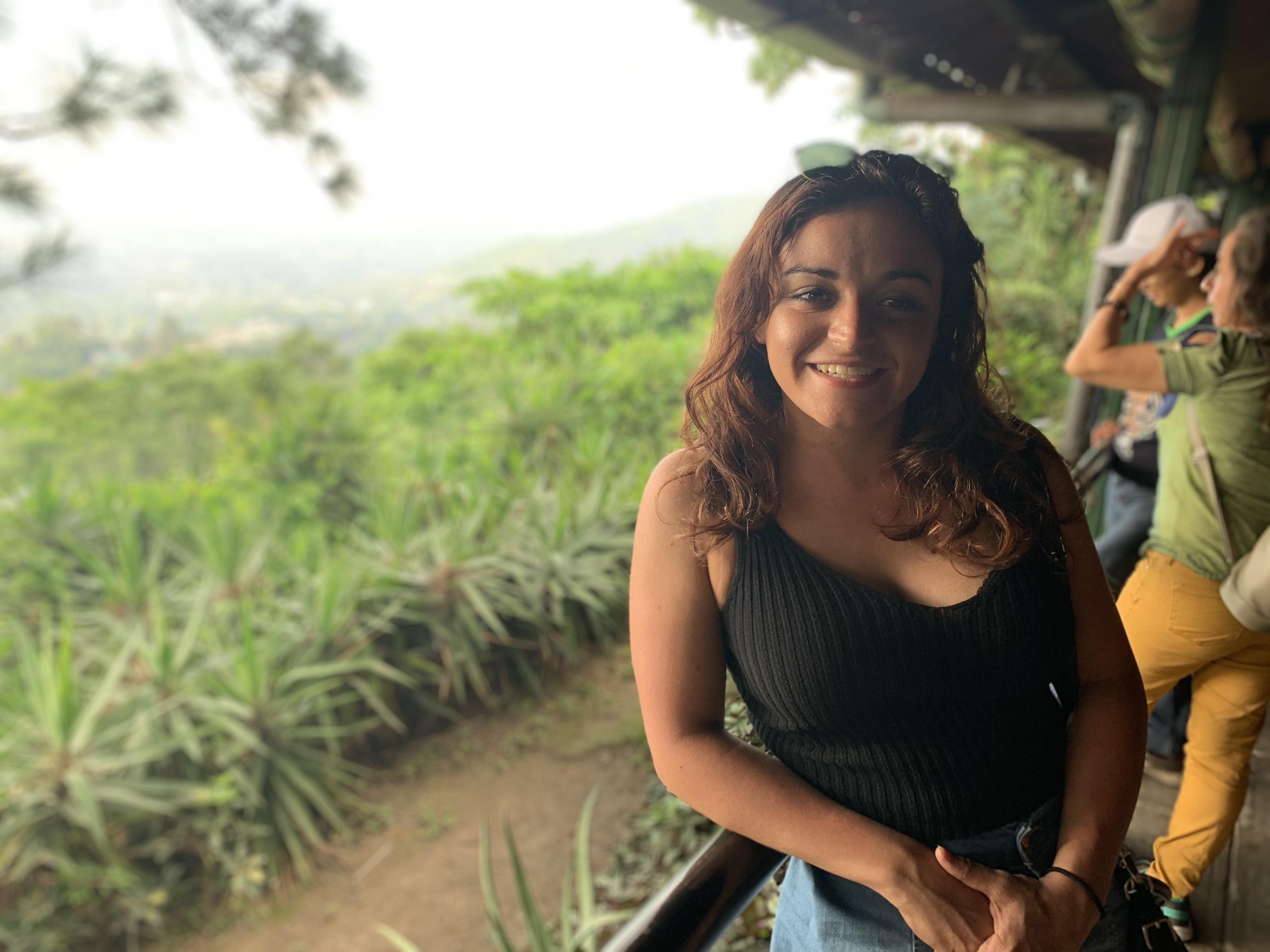Last summer, third-year law student Kristina Aiad-Toss spent two months in El Salvador interning for International Partners in Mission (IPM), a non-profit that engages in community development projects abroad to help women and children in 66 countries.
El Salvador is currently in the process of prosecuting war crimes from their Civil War in the '80s after their amnesty law — which absolved war criminals — was declared unconstitutional in 2016. Various human rights organizations, including IPM, are pushing the government to develop a new law that outlines the justice process including legal procedures and victim reparations.
To assist IPM in advocating for justice, Aiad-Toss and fellow intern Brenna Dilley visited rural communities throughout the country, interviewing civilians who escaped massacres orchestrated by Salvadoran military fighters, guerilla fighters who took up arms in opposition to the military and community members living in areas that are now controlled by gangs.
The testimonials, along with additional research, formed the backbone of the white paper authored by Aiad-Toss and Dilley, “Aiding and Abetting Terror in El Salvador: Holding the United States Responsible for War Crimes Committed During the Salvadoran Civil War,” which was released by IPM in Feb. 2020.
The white paper provides a legal analysis of aiding and abetting as a war crime under international criminal law, outlining how the U.S. trained, advised and provided weapons to the Salvadoran military to facilitate the commission of war crimes against civilians including murder, torture, sexual violence and forced disappearance.
“We hoped to publish the paper in the context of the current Central American migration crisis by explaining how the gang violence and other push factors of migration can be traced to U.S. actions during the Civil War,” said Aiad-Toss. “By demonstrating U.S. responsibility for the deeply rooted conflicts in El Salvador today, we advocate that the U.S. is indebted to the Salvadoran people and should accept and aid Salvadorans facing challenges posed by economic instability, gang violence and migration.”
While Aiad-Toss’s internship has ended, she still serves as a Community Outreach Coordinator for IPM, where she has taken on additional responsibilities helping with non-profit programming and educational initiatives surrounding human rights, sustainable development, migration and other social justice issues affecting IPM’s program regions.
She also serves as the communications officer for the law school’s Yemen Accountability Project, a collaboration between Case Western Reserve School of Law, the Syrian Accountability Project of Syracuse University and the Global Accountability Initiative to document war crimes and crimes against humanity committed in Yemen.


